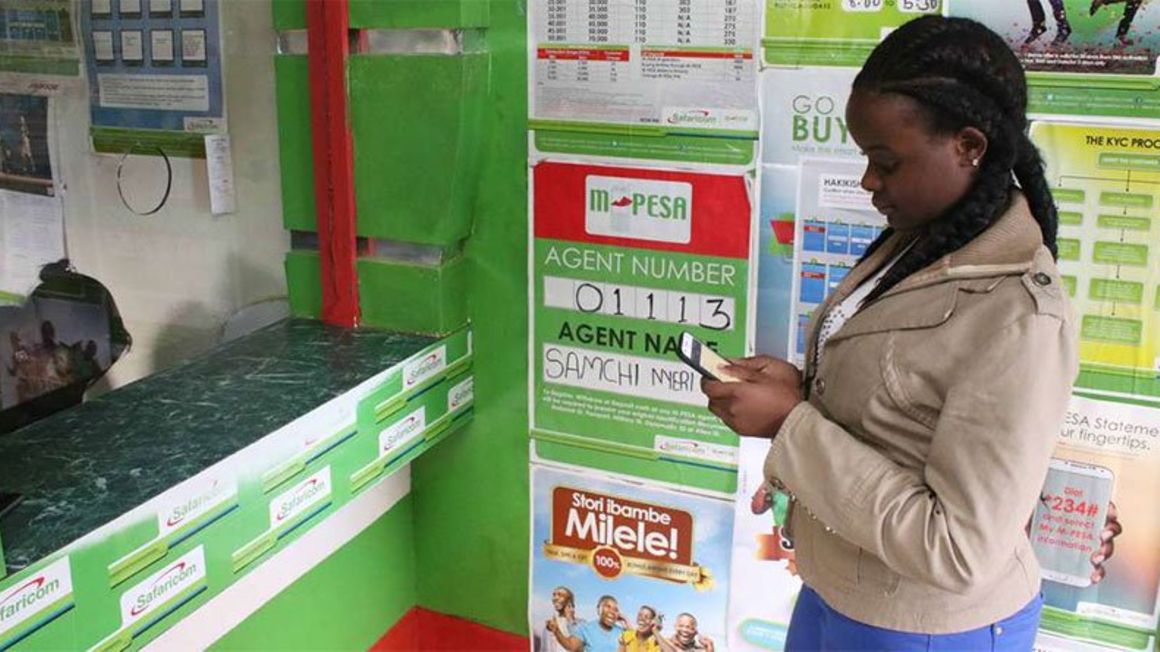
Telcos set a new record on facilitating money transactions where users transferred Sh368 billion. FILE PHOTO | NMG
Summary
- A Kenya Institute for Public Policy Research and Analysis (Kippra) 2020 report shows the gross national savings stood at Sh776.1 billion as at the end of 2019, a sharp decline from Sh907.4 billion in 2018.
- The Sh131.3 billion slump in savings in 2019 coincided with the removal of the interest rate cap floor on deposits, which that had forced banks to pay their savers 70 per cent of the Central Bank Rate since 2016.
- In recent years, such a low gross savings was last recorded in 2002, coinciding with a delicate political transition following the end of the late President Daniel arap Moi’s 24-year reign.
The gross savings by Kenyans dropped to an all-time low of eight per cent of the gross domestic product (GDP) as of the end of last year, reflecting the squeeze of the high cost of living and dejection on low returns on funds.
A Kenya Institute for Public Policy Research and Analysis (Kippra) 2020 report shows the gross national savings stood at Sh776.1 billion as at the end of 2019, a sharp decline from Sh907.4 billion in 2018.
The Sh131.3 billion slump in savings in 2019 coincided with the removal of the interest rate cap floor on deposits, which that had forced banks to pay their savers 70 per cent of the Central Bank Rate since 2016.
In recent years, such a low gross savings was last recorded in 2002, coinciding with a delicate political transition following the end of the late President Daniel arap Moi’s 24-year reign. The savings rate stood at 8.5 per cent in 2002.
The low returns on savings act as a catalyst for people to save less and cash out on their savings and opt to hold their cash in assets with better returns. According to Kippra, there was a shift towards investments mainly driven by an increase in the value of buildings.
“The savings-investment gap widened to 8.3 per cent of GDP in 2019 from 7.1 per cent in 2018. This is attributed to relatively faster growth in investments by 2.4 per cent from Sh1.5 trillion in 2018 to Sh1.6 trillion in 2019,” the think tank said the report.
The overall low savings is driven by a lack of alternatives to the bank deposit culture, pricing of deposits.
A lack of better product offering from well-regulated and reliably executed service providers has left retail investors with very limited options save for the anaemic stock market, almost non-existent corporate debt market and almost no foreign exposure.
The government introduced M-Akiba as an alternative savings option. The retail bond with a coupon rate of 10 per cent paid semi-annually, and a tax-free status in line with other infrastructure bonds was a bargain given the average savings rate has declined to 4.1 per cent for deposits in banks.
The government has paid back the Sh1 billion raised from M-Akiba issues since 2017 attracting a total of 582,572 M-Akiba registrations in a strategy to attract Wanjiku by lowering bids to as low as Sh3000 but has not made any new offers.




No comments :
Post a Comment